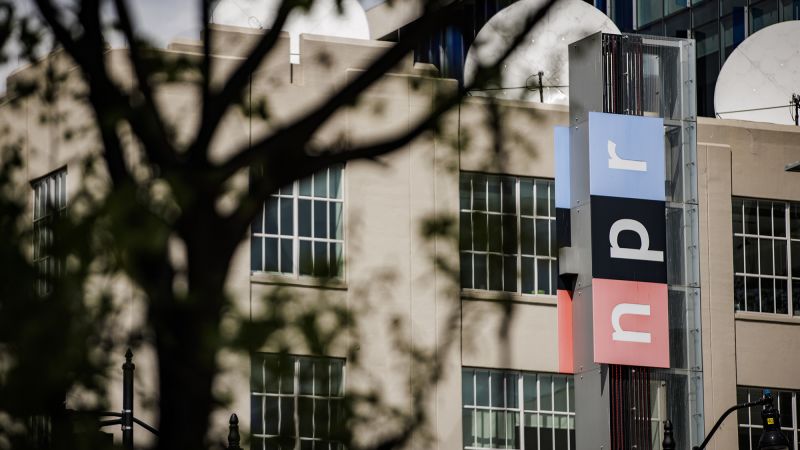NPR has suspended senior business editor Uri Berliner after he wrote an essay criticizing the radio network for embracing a “progressive worldview.” The suspension was for five days without pay, starting last Friday, because Berliner did not seek approval for work in other outlets as required by NPR. Failure to comply again would result in termination. NPR did not comment on the disciplinary action, and Berliner did not respond to requests for comment.
In his essay for The Free Press, Berliner criticized NPR’s coverage of stories such as allegations of Donald Trump colluding with Russia and the controversial Covid-19 lab-leak theory. He claimed that NPR had lost “viewpoint diversity” and was telling listeners how to think. NPR’s editor-in-chief Edith Chapin disagreed with Berliner’s assessment, stating that inclusion is critical for telling nuanced stories and maintaining journalistic integrity. Other NPR staffers also rejected Berliner’s claims on social media.
Berliner’s essay triggered backlash from Republicans and right-wing media, accusing NPR of liberal bias and calling for defunding of the public radio network. Former President Trump labeled NPR as a “LIBERAL DISINFORMATION MACHINE” and demanded that it receive no government funding. Fox News hosts amplified the outrage, with headlines declaring “WOKE NPR EXPOSED” and “NPR PUMPED OUT AN ASSEMBLY LINE OF PROPAGANDA.” However, Berliner clarified that he does not support defunding NPR and rejected the characterization that it is a “liberal disinformation machine.”
The right-wing criticism of NPR has continued, with NPR’s chief executive Katherine Maher facing scrutiny over old tweets criticizing Trump. NPR spokesperson Isabel Lara dismissed the attacks, stating that Maher was exercising her First Amendment right to express herself as a private citizen, not as a journalist. Berliner, in response to the backlash, emphasized that Trump’s attacks on the media are not new and reiterated his stance that defunding NPR is not the solution. The controversy surrounding NPR’s perceived bias and calls for defunding highlight the ongoing debate over media credibility and objectivity in the current political environment.


